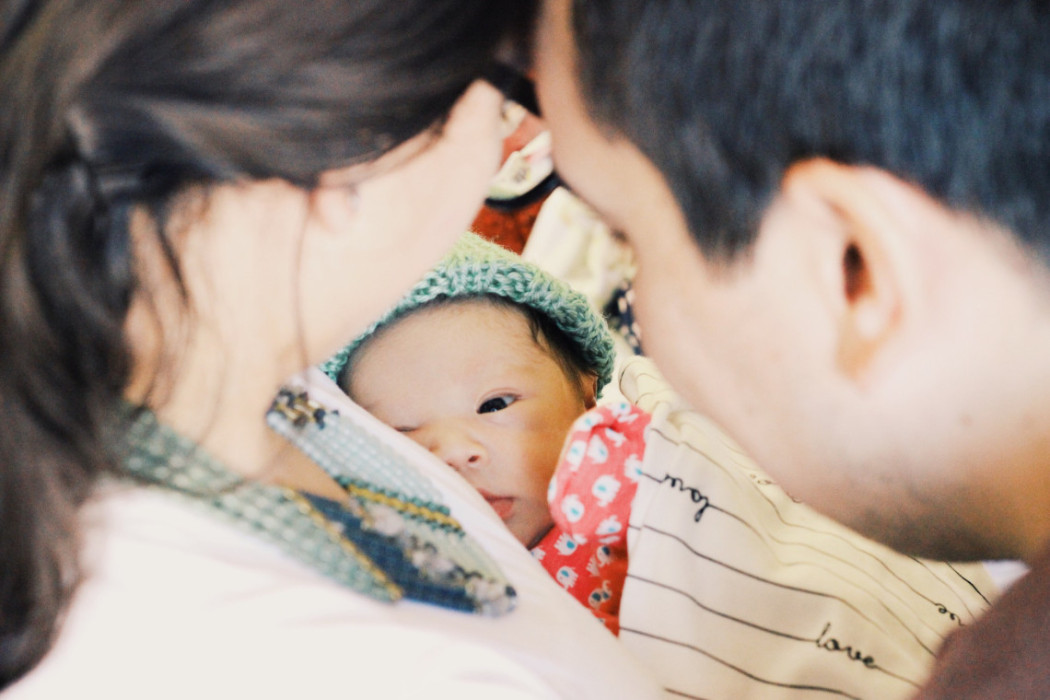As you enjoy baby’s first months, it may be wise to think ahead to baby’s next few years. After all, your little bundle of joy will soon be running, jumping, talking, and well, making their fair share of mischief. The experts at The Danish Way of Parenting have a few key insights to think about as your little one enters the next momentous stage of life.
So many people who become new parents get so caught up in the pregnancy and the baby time that they don’t think about talking about some of the more practical aspects of parenting. Like when the baby becomes a toddler and starts to really push boundaries—especially yours!
For most parents that time seems so far away that it is unthinkable. Surely it will just work out when the time comes, right? The only slight issue is that parenting happens to be one of the hardest jobs in the world and yet it’s the only one we don’t get any training for.
We are required to get all this “on the job training” 24 hours a day, 7 days a week while we are over-tired, stressed, and often pushed to our wits’ end. And there is no such thing as “I quit.”
The point is, it helps to talk about these things in advance with your partner so that you can be better prepared for the unthinkable.
When you look at yourself in the mirror and you see a crazy person staring back at you because you haven’t slept properly in three years, you may notice something happening.
For some of us, this is perfectly fine, but most of us would like to make some changes for the better with our own children. That is how we evolve, after all, to become better parents and have happier children.
So, we have created a question series to open up a discussion with your partner.
Talking about these things can help you get on the same page so you can help each other when you are at your wits’ end. You can more easily know and feel that you are on the same team, working for the same objectives with your kids.
This is what we call “the big lines” of parenting.
When parents are aligned on the big lines, it makes parenting a lot easier. You can stay cool easier because you have support and you don’t need to sweat the small stuff when you know what the big picture looks like.
It’s key to examine your default settings, know what you want to change, and agree on the big lines so you can help each other during tough times.
1. What do you think some of your default settings would be from your parents?What are things they did with you? These are things you will most likely repeat simply because we are programmed to do this unless we are conscious of it.
2. What are things you liked from how your parents raised you (and want to repeat)?
3. What are some things you absolutely do not want to repeat?
4. How are these things different or similar to your partner? Can you see gaps where you can help one another because you had a different or similar experience?
5. How did your parents discipline you/your partner?
6. How do you want to discipline your own children (e.g., yelling, spanking, time-outs, explanations)?
7. What are your values as parents?
8. Are you in agreement on what you are okay with in terms of getting results from your child? Is it in alignment with your parenting values?
9. What are your big lines of parenting? What is absolutely okay/not okay for your child to do (e.g., hitting, biting, not eating, leaving the table, throwing food)?
10. Now that you have talked about the big lines and your values as parents, what are some strategies for how you can help each other when the other one is losing their cool?
By talking about these questions in detail you can save a lot of unnecessary blame and misunderstandings. You can stand stronger as a couple and as a family because you know how to support each other and are clear on what your values are.
it doesn’t take much to take the time to talk about it, but it can make all the difference for the life of your child. It’s worth it.
this article was co-written by Jessica Joelle Alexander and Iben Sandahl and was originally published on The Danish Way of Parenting.





